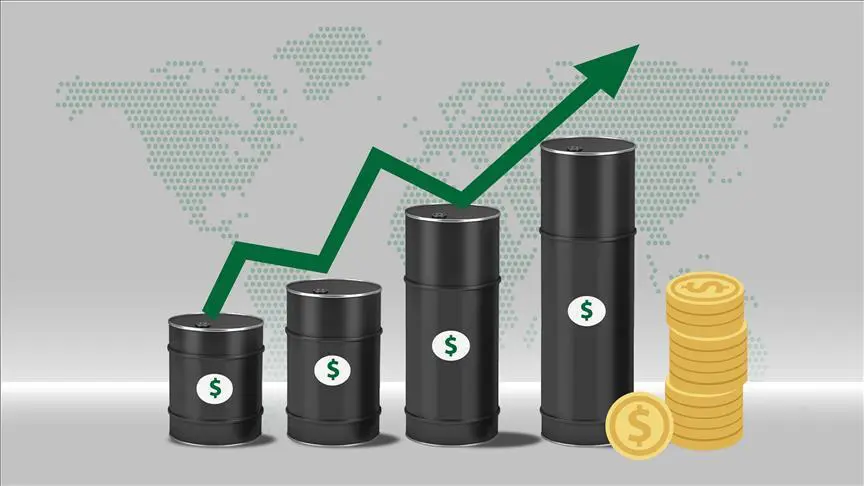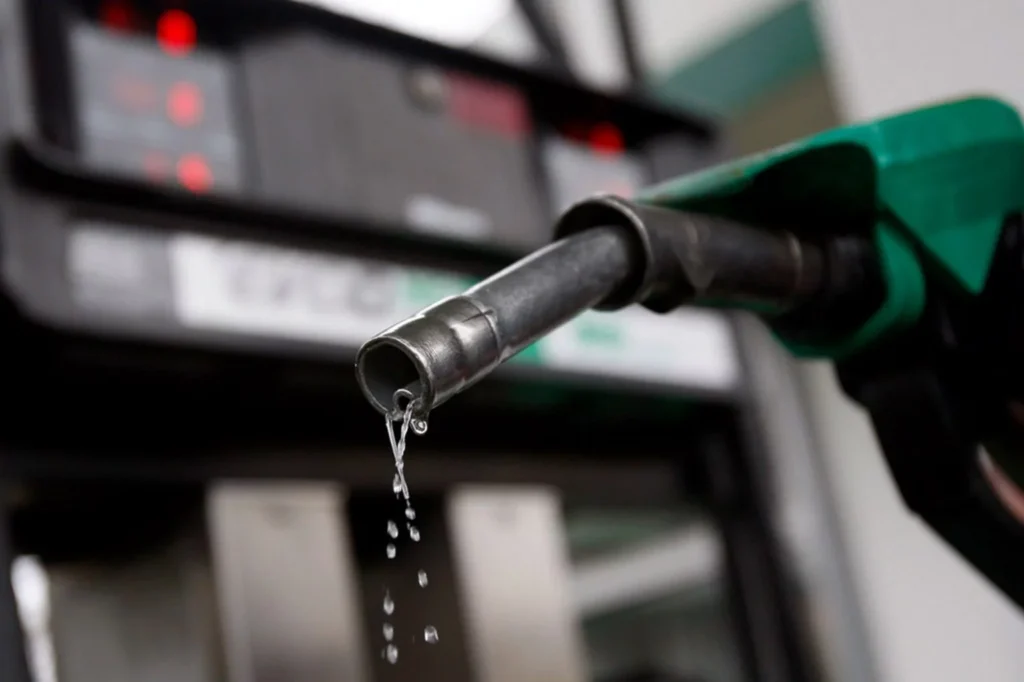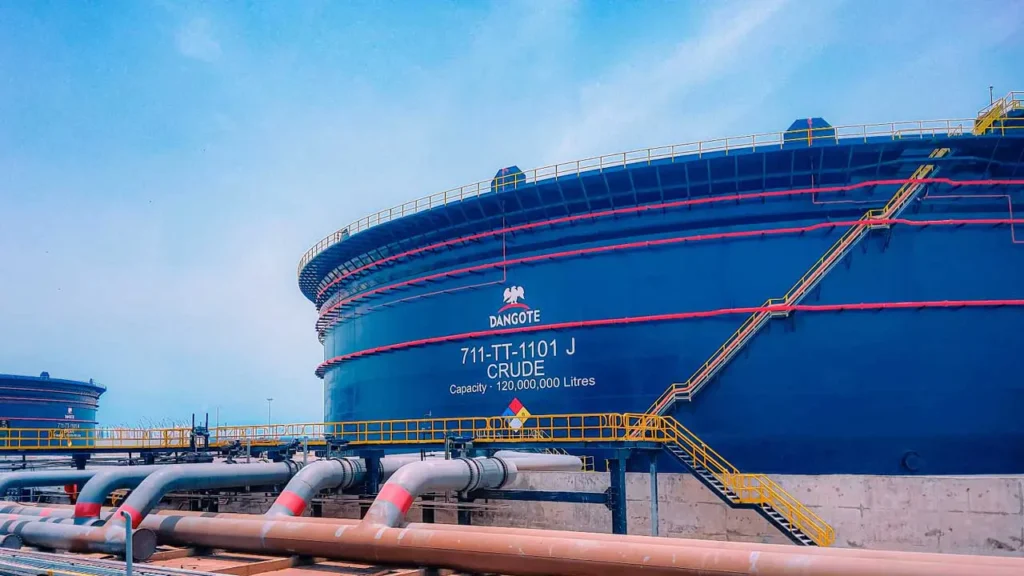Now Reading: Israel’s Strike on Iran Triggers Global Oil Surge, Sparks Fresh Panic Over Petrol Price Hike in Nigeria
-
01
Israel’s Strike on Iran Triggers Global Oil Surge, Sparks Fresh Panic Over Petrol Price Hike in Nigeria
Israel’s Strike on Iran Triggers Global Oil Surge, Sparks Fresh Panic Over Petrol Price Hike in Nigeria

Global oil markets reacted instantly to the Israel Defense Forces’ April 11, 2025, strike on Iran’s nuclear facility, pushing crude prices to their highest levels this year. Brent crude shot up by 9.6% to $75.15 per barrel, West Texas Intermediate climbed 10.1% to $74, and NYMEX Light Sweet hit $73.20. The shockwave has fueled fresh fears that Nigerians could face another round of painful increases in petrol prices, barely months after adjusting to the last round of subsidy removal impacts.
Retail petrol stations across Lagos and Abuja are already selling Premium Motor Spirit (PMS) between ₦870 and ₦910 per litre, with speculation that pump prices may soon exceed ₦1000 if the geopolitical tension persists. With the Nigerian government’s 2025 budget benchmark set at $75 per barrel, current realities have shifted from economic optimism to consumer anxiety as oil price hikes mean higher landing costs for petrol importers and refiners.
Nigeria’s hope of price stability rests heavily on the Dangote Refinery, which is still in the early phases of production ramp-up. However, the refinery’s dependence on imported crude from the US and other sources means rising global crude prices will directly affect local refinery costs, undermining government expectations of PMS price relief.
Traders and market analysts have expressed deep concern that prolonged warfare between Israel and Iran could disrupt crude exports from the Persian Gulf—a region responsible for nearly 30% of global oil output. This has already led to increased shipping insurance premiums through the Strait of Hormuz and disrupted speculative contracts in major energy exchanges.
Following the attack, Iran responded with retaliatory missile strikes, heightening fears of an all-out regional war. This escalation has drawn urgent reactions from global powers, with the UN Secretary-General, US President Joe Biden, China, Saudi Arabia, and others urging restraint and de-escalation to prevent a global energy crisis.
While some Nigerian officials view the surpassing of the $75 budget benchmark as a potential revenue boost, economists warn it may translate to more hardship unless fuel price controls return—something the current administration has so far resisted. The last attempt to manage prices through subsidy cost the government ₦4.39 trillion in 2022 alone, a burden Nigeria is still recovering from.
Nigerians are now caught between the hope of a stable oil-driven economy and the fear of skyrocketing fuel prices that could drive inflation beyond its current 31.7% level. As the Middle East burns, fuel affordability in Africa’s largest economy hangs in the balance.




